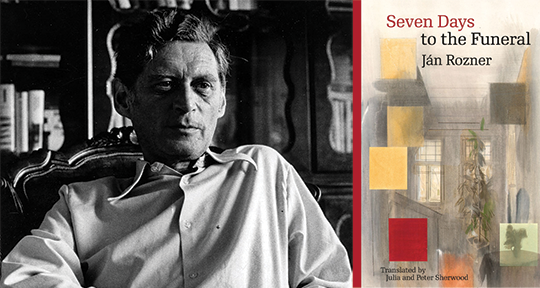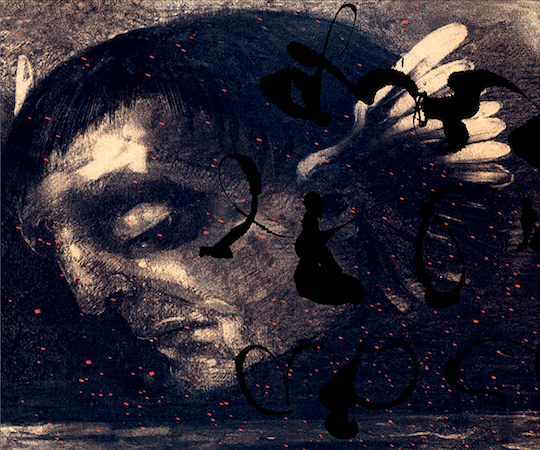Seven Days to the Funeral by Ján Rozner, translated from the Slovak by Julia and Peter Sherwood, Karolinum Press, 2024
In 1968, troops of the Warsaw Pact—led by the Soviet Union—invaded Czechoslovakia to crush an ideological rebellion against Communist orthodoxy, bringing the daring freedom movement to to its inevitably violent end. The world would come to define that era as the Prague Spring, yet as well as the subsequent arrests, heavy censorship, and exile for many intellectuals affected not only Prague, but also Bratislava and the whole of Slovakia—the eastern part of what was then one country.
In the foreign imagination, Slovakia largely remains in the shadow of Czech narratives—something Prague-centric fiction and non-fiction have long perpetuated. The recent translation into English of Seven Days to the Funeral (Sedem dní do pohrebu), by Slovak author Ján Rozner, fills this major gap in the perception of post-1968 Slovakian and Bratislavian intellectual life. In a four hundred-page long autofiction, meticulously and elegantly translated by Julia and Peter Sherwood, Rozner provides a rare testimony against the blind spots of collective history and memory—including those, as it turns out, of Slovak readers.
What is particularly striking is how the shape and the style of Seven Days to the Funeral espouse the despair and dread of what was experienced in Czechoslovakia as “normalization”—party-speak terminology used to describe the post-1968 period of obsessive governmental control, enacted to ensure that any dissent against Moscow would never again be possible in Central Europe. This translated into the elimination of any possible contest or alternative culture, be it intellectual or religious opposition, or simply works of music, literature, or art. However, as the dissident movement (with Václav Havel and the rebellious manifesto of Charter 77) proved, the liberating aspirations of underground gatherings, samizdat literature, and civil uprisings would eventually triumph three decades later, in the Velvet Revolution. READ MORE…


